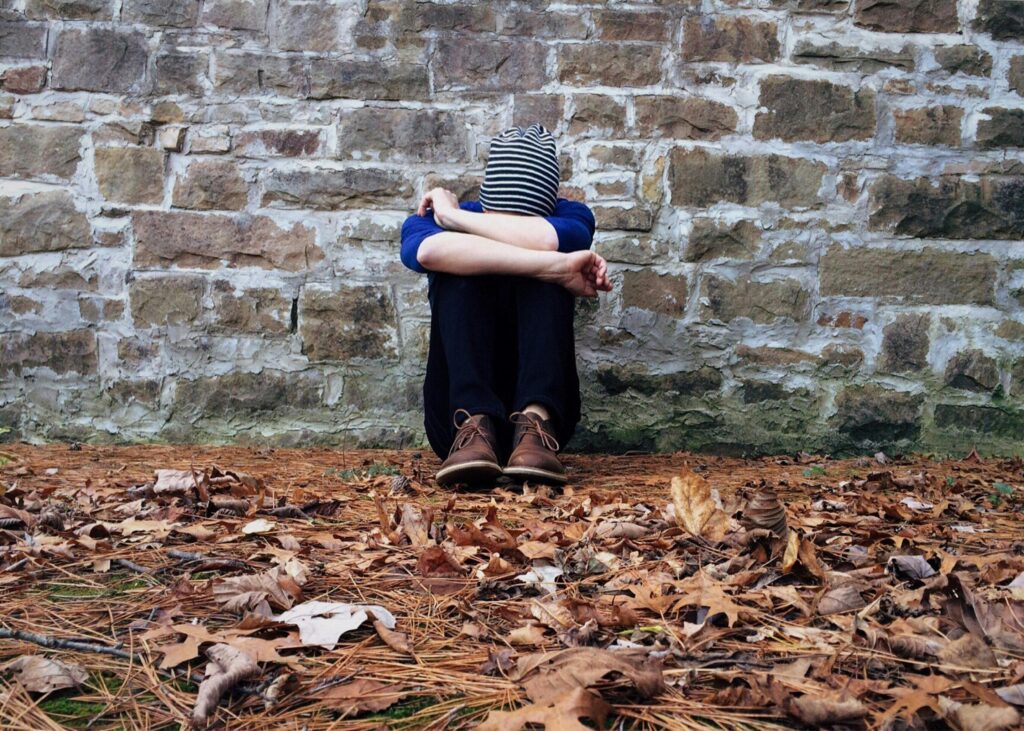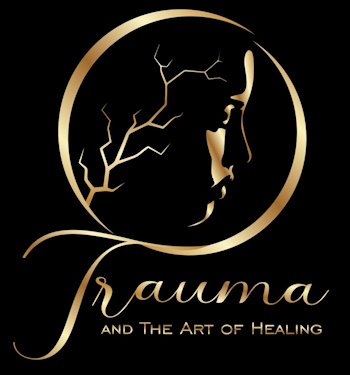Anxiety & Depression
ANXIETY & DEPRESSION THERAPY
Finding Balance, Restoring Hope, and Reclaiming Joy
Anxiety & depression can deeply affect how individuals see themselves, their relationships, and the world around them. At Trauma and The Art of Healing PLLC, we offer compassionate, evidence-based support to help you navigate the challenges of depression, regain a sense of control, and build a path toward healing and fulfillment.

Understanding Anxiety and Depression
Anxiety and depression are complex emotional experiences that extend beyond occasional stress or sadness. They can arise from various life circumstances, including overwhelming stress, personal loss, difficult relationships, or traumatic events. While they often coexist, each condition has its own unique characteristics.
Anxiety is more than just worry; it can manifest as persistent feelings of fear, unease, or dread, often without an obvious cause. It may involve racing thoughts, a constant sense of danger, or physical symptoms like a rapid heartbeat, restlessness, or tension. Depression, on the other hand, often feels like an overwhelming weight, marked by persistent sadness, loss of interest in activities, feelings of worthlessness, and a lack of energy or motivation.
Depression is more than just a fleeting feeling of sadness—it is a complex mental health condition that affects emotions, thoughts, behaviors, and even physical well-being. It can arise from a combination of genetic, environmental, and psychological factors, including prolonged stress, unresolved grief, trauma, or significant life changes. In some cases, depression has no clear cause, making it even more difficult to understand and overcome.
For adults, depression may present as chronic fatigue, a lack of motivation, or difficulty managing work and relationships. However, for children and teens, the symptoms can look different and are often misunderstood. Young people experiencing depression may struggle with mood swings, unexplained irritability, or emotional numbness. They may lose interest in hobbies, withdraw from friends and family, or struggle with school performance. In some cases, depression can lead to physical complaints like headaches, stomachaches, or changes in eating and sleeping habits.
Depression in children and adolescents is particularly concerning because they may not have the language to express what they are feeling. Instead of verbalizing their sadness or hopelessness, they might act out, become unusually quiet, or display signs of low self-esteem. Social pressures, academic stress, family dynamics, and the increasing influence of technology can further complicate their emotional well-being.
If left untreated, depression can severely impact a young person’s development, making it harder for them to build resilience, form healthy relationships, and achieve their goals. Early intervention and professional support are crucial in helping children and teens navigate these challenges, develop coping skills, and regain a sense of balance and joy in their lives.

What are the signs and symptoms of Anxiety and Depression?
Emotional Signs
- Persistent feelings of sadness, emptiness, or hopelessness.
- Loss of interest or pleasure in activities once enjoyed.
- Difficulty concentrating, making decisions, or remembering things.
- Feelings of guilt, worthlessness, or self-doubt.
- Increased irritability, frustration, or unexplained mood swings.
Physical Symptons
- Chronic fatigue or low energy.
- Changes in appetite, leading to weight loss or gain.
- Sleep disturbances, such as insomnia or excessive sleeping.
- Unexplained aches, headaches, or digestive issues.
- Slowed movement or speech.
Cognitive and Psycholgical Indicators
- Negative self-talk and a harsh inner critic.
- Overwhelming anxiety or restlessness.
- Thoughts of death, self-harm, or suicide.
- Difficulty experiencing joy, even in positive situations.
- A feeling of emotional numbness or detachment.
Behavioral Changes
- Withdrawing from friends, family, or social activities.
- Decreased motivation and productivity.
- Increased reliance on unhealthy coping mechanisms, such as substance use.
- Avoidance of responsibilities and self-care.
- Struggles with maintaining daily routines.
Anxiety & Depression in Children and Teens
Sudden changes in behavior, such as irritability or outbursts.
Difficulty focusing in school or declining academic performance.
Excessive worry or fearfulness about everyday activities.
Changes in sleep patterns, appetite, or energy levels.
Social withdrawal or reluctance to participate in activities.
Expressions of hopelessness or self-harm behaviors.
When to Seek Help
If these symptoms persist, worsen over time, or interfere with daily functioning, it’s important to seek professional support. At Trauma and The Art of Healing PLLC, we provide personalized therapy to help you develop coping strategies, process difficult emotions, and foster emotional resilience. Therapy can be a powerful tool for managing anxiety and depression, offering a path toward greater self-awareness, healing, and hope.
Recognizing the signs and reaching out for help is a courageous first step toward reclaiming your well-being and building a healthier, more fulfilling life.
